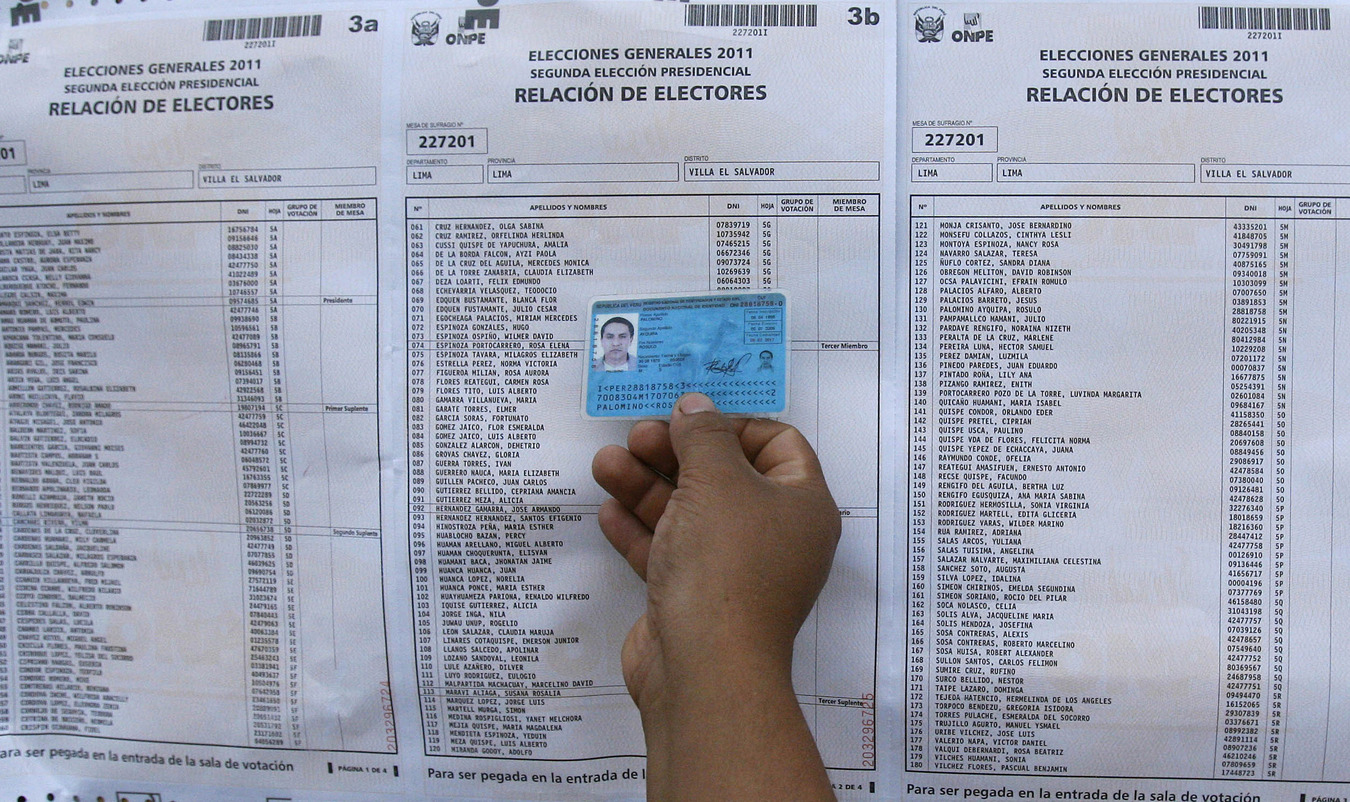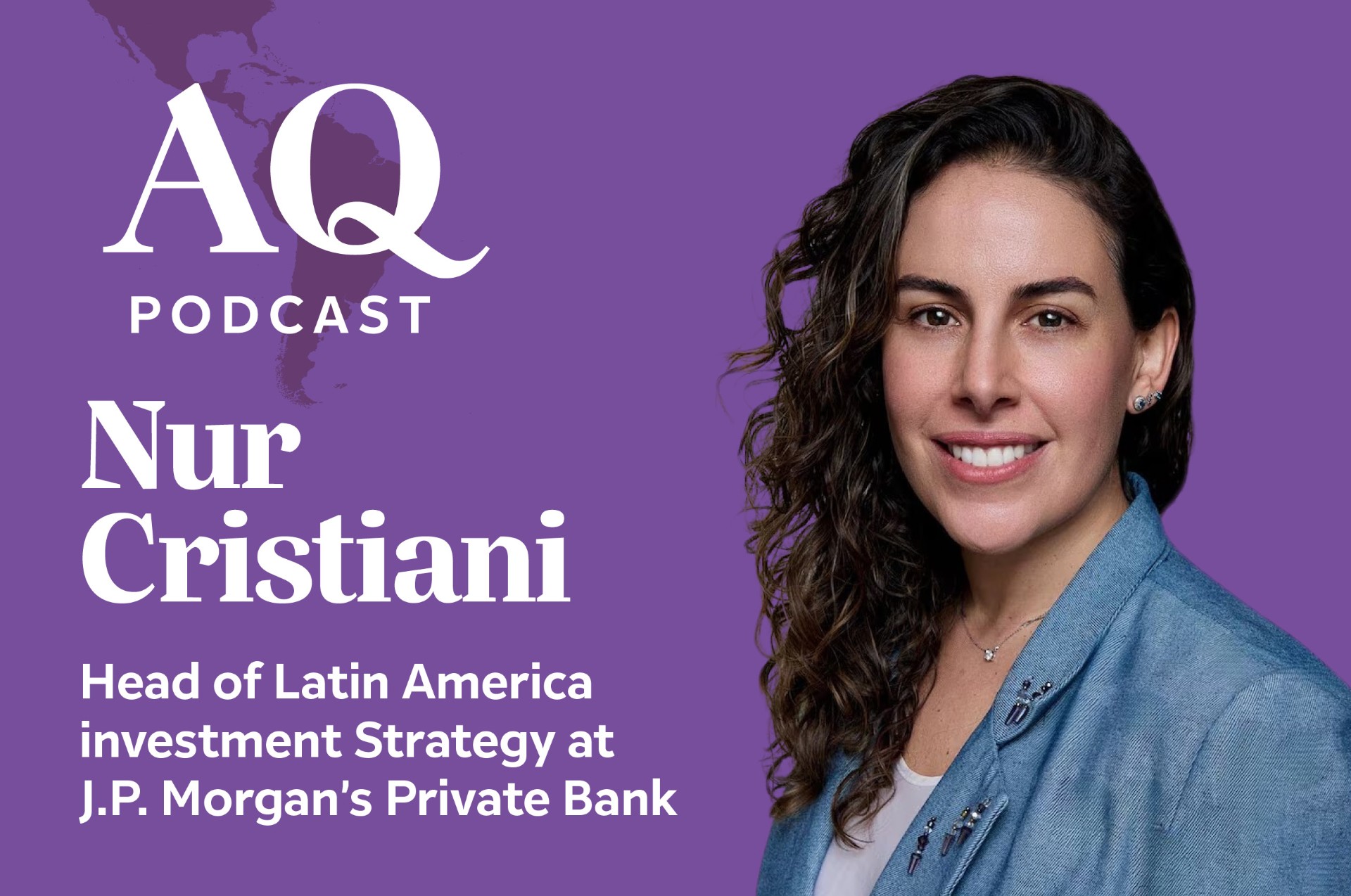2011 Brazil Economic Conference
2011 Brazil Economic Conference
At AS/COA's 2011 Brazil Economic Conference, speakers explored issues such as economic policy, the impact of the international financial crisis, social issues, and infrastructure development.
Keynote Speakers:
- Alexandre Tombini, President, Central Bank of Brazil
- Guido Mantega, Minister of Finance of Brazil
Panelists:
- Joe Leahy (Moderator), Brazil Bureau Chief, Financial Times
- Jorge Fontes Hereda, President, Caixa Econômica Federal
- Eduarda La Rocque, Municipal Secretary of Finance, City of Rio de Janeiro
- Paulo Oliveira, President, BRAiN
- Murilo Portugal Filho, President, FEBRABAN
- Paulo Vieira da Cunha (Moderator), Partner and Head of Research ¢â¬ Emerging Markets, Tandem Global Partners
- Marcelo Fonseca, Economist and Strategist, M. Safra & Co.
- Fabio Kanczuk, Partner, Reliance Asset Management; Professor of Macroeconomics, University of São Paulo
- André Esteves, CEO, BTG Pactual
Summary
Speakers at the 2011 Brazil Economic Conference commented on the country’s overall economic climate, exploring themes such as economic policy, the impact of the international financial crisis, social issues, and infrastructure development. This AS/COA conference was held on September 23 in association with the Brazilian-American Chamber of Commerce.
Remarks by Alexandre Tombini, President, Central Bank of Brazil
Minister Tombini stated that emerging economies have been well prepared to face the latest economic slowdown. “However, the difference [among emerging economies] was that we in Brazil were able to sustain fast and robust economic growth in the aftermath of this major shock,” he explained. He went on to say that Brazil has powerful tools in its economic arsenal and highlighted four developments that demonstrate Brazil’s resilience to the international crisis: strong macroeconomic policy and economic indicators; social policies that improve economic prospects; well-defined infrastructure objectives; and a solid and robust financial system.
The minister also commented that Brazil’s commodity sector is strong and diversified, and will show good results this year, despite the global economic crisis. Lastly, he stated that the Central Bank has lowered potential financial risk in the Brazilian economy by slowing credit growth and disincentivizing short-term inflows of capital to better promote foreign direct investment.
Remarks by Guido Mantega, Minister of Finance of Brazil
Minister Mantega spoke of a shared global responsibility for resolving the current economic crisis through multilateral groups like the G20 and pointed to the Eurozone as the epicenter of the 2011 global slowdown. He warned that time constraints and a lack of political consensus in member countries threaten the European Union’s ability to resolve the crisis before conditions further deteriorate.
He predicted that emerging economies like Brazil will propel global economic growth as their consumption rates rise. Brazil’s large and dynamic internal market, a consequence of the increasing middle class, provides another source of growth and independence from foreign economic factors. Mantega also emphasized that Brazil is more than prepared for the current economic crisis, with over $350 billion in foreign reserves. He identified fiscal consolidation, trade, and the currency war as the country’s greatest challenges, but affirmed that Brazil will reach its fiscal and monetary goals for 2011.
Views from the Private Sector
Private sector economists also weighed in on economic conditions in Brazil. CEO of BTG Pactual André Esteves called attention to the combination of economic stability and relative political consensus in Brazil today, and compared the country to the United States in the 1950s. He suggested that Brazil use part of its primary surplus to eliminate bad tax policies that hinder the growth of a globally competitive industrial sector.
Economist and Strategist with M. Safra & Co. Marcelo Fonseca also provided an alternative perspective on the Brazilian economy by arguing that the country’s high inflation rate still presents risks to future economic prosperity. In his opinion, the recent spike in inflation is not an exogenous supply shock brought on by commodity prices, but rather a consequence of rising prices for services within Brazil’s domestic economy. Tighter labor markets and the impending 14 percent increase in the minimum wage are also likely to increase service prices and provoke greater inflationary pressure.
Social Progress
In the past decade, rising employment has provided opportunities for social mobilization in Brazil, increasing the size of the middle class, which now constitutes over 50 percent of the Brazilian population. President of Caixa Econômica Federal Jorge Fontes Hereda noted that national public housing campaign Minha Casa, Minha Vida (“My Home, My Life”) is expected to generate $65 billion in investments and two million new jobs in its second phase.
However, many challenges lie ahead, including poverty eradication, raising living standards, and improving education. Esteves called for higher quality education in Brazil, explaining that former President Luiz Inácio Lula da Silva’s social programs raised primary school attendance to European levels, but that educational standards remain low. President of BRAiN Paulo Oliveira also commented that while infrastructure problems can be solved through financing, education improvements require the work of generations.
Infrastructure Development for the World Cup, Olympic Games, and Beyond
Municipal Secretary of Finance for the City of Rio de Janeiro Eduarda La Rocque explained that, in preparing for the upcoming World Cup and Olympics, Rio is focusing on investments that will bring long-term benefits to the city, including bus rapid transit networks and renovated port areas. She attributed rising municipal revenues to reductions in personnel expenditures and higher investments in information technology that have improved tax collection. Rio’s expanded financial capacity led to an investment rating upgrade by Moody’s, and the city recently received a $1 billion policy development loan from The World Bank to improve fiscal and investment practices, raise the quality of health and education services, simplify the business start-up process, and modernize public management. La Rocque also talked about future plans to convert Rio into the Silicon Valley of Brazil, beginning with the construction of the GE Global Research Center.








